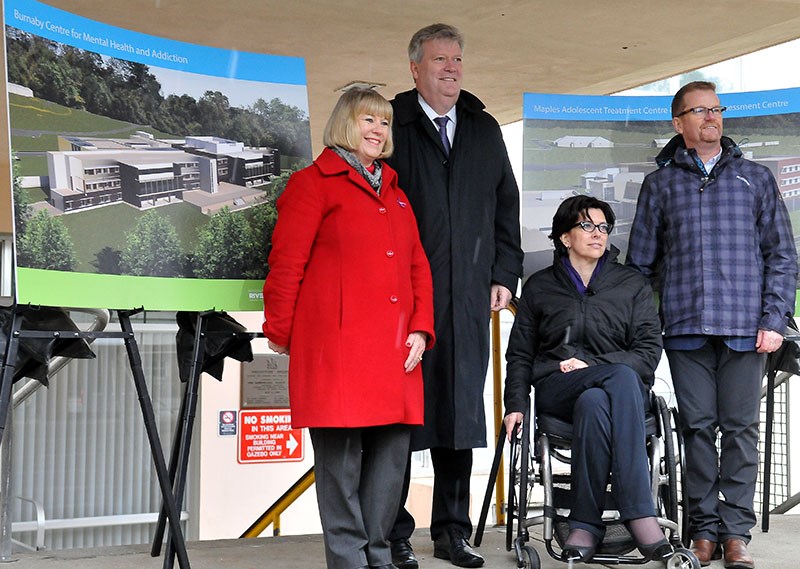The Editor,
The current vision for the Riverview lands by BC Housing and the BC Liberal government completely disregards the wishes the community has expressed in community consultations, which is to use the space for mental health, community support and protection of the rich ecosystem of the land.
The justification for this is that the land should be “revenue-neutral.” This is completely illogical and reflects a lack understanding of complex issues and long-term planning which is rampant with the provincial government.
Use of this land is never going to be revenue-neutral; contrarily, selling it off to developers could cost British Columbians perhaps billions.
The Public Health Agency of Canada recently reported that mental health problems had the highest total direct care cost in Canada, with the third largest economic burden. The Centre for
Addiction and Mental Health estimates the annual cost of some addictions to be $5 billion in Ontario for health care, law enforcement, corrections, lost productivity and other related problems. On a population scale, that is approximately $1.6 billion for B.C., not correcting for the fact that, according to the Canadian Institute for Health Information, B.C. has the highest rate of hospitalization due to mental illness, which is extremely costly in emergency care. This is not inclusive of other mental health costs, which are conservatively $50 billion in Canada.
Further, there are very high costs associated with mentally ill people being diverted into the justice system, which very difficult to account for. Vancouver Police Department estimates about of a third of its time and resources are taken up by mental health related events, and recommend addition of 300 dedicated psychiatric beds at treatment facilities as well as supportive housing. The increased space in the current Riverview plan will not come close to this.
This is a complicated problem with many voices claiming the right to make decisions about the land. But a quick influx of cash from land sales will barely put a dent in the true price of using these lands for real estate development rather than mental health. The numbers speak for themselves.
At the end of the day, community consultations, apparently ignored by our government, show that our society wants to speak up for the right thing to do.
With at least one in five Canadians being affected by mental illness, I would be surprised if anyone in our community has not been touched by the current mental health crisis, which is why we value the Riverview lands returning to their former place as a haven for mental health.
However, it is nice to know the bottom line is also on our side, and selling off the land to the highest bidder would be anything but revenue-neutral.
Amy Lubik, Port Moody



